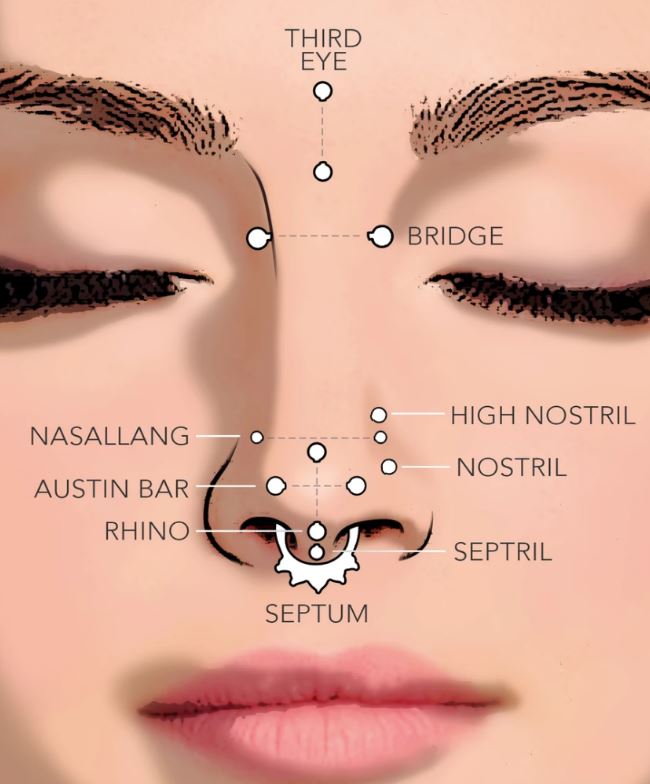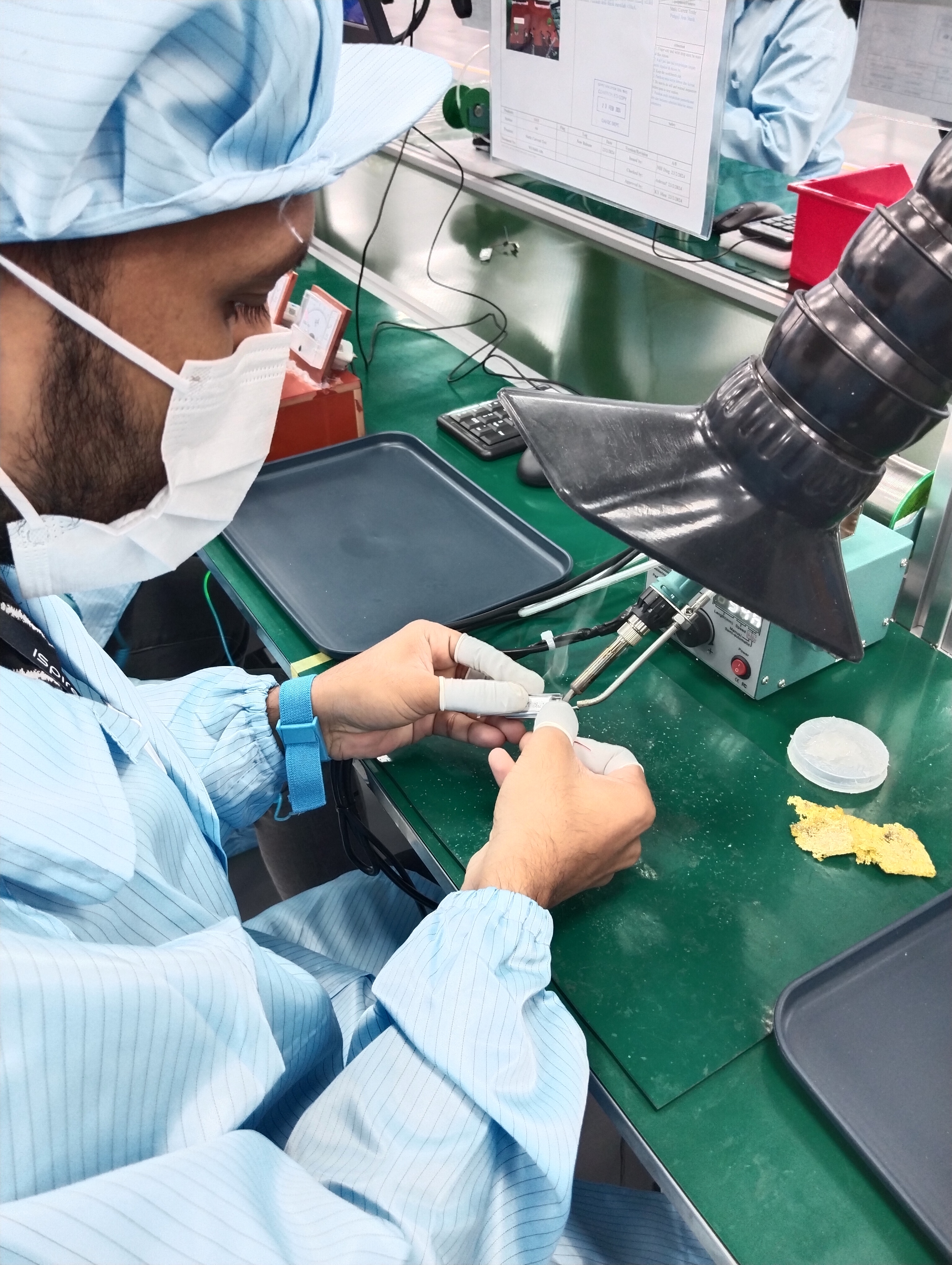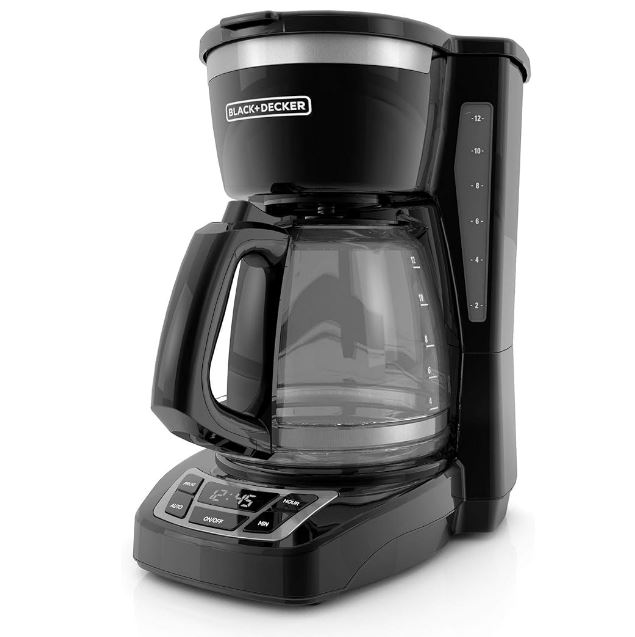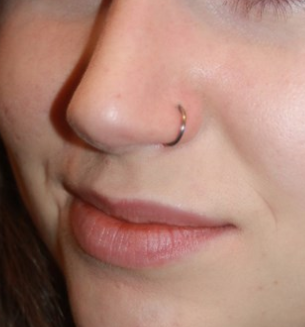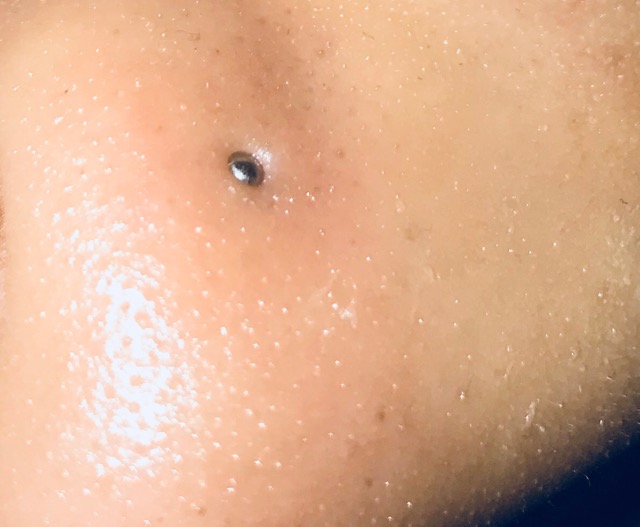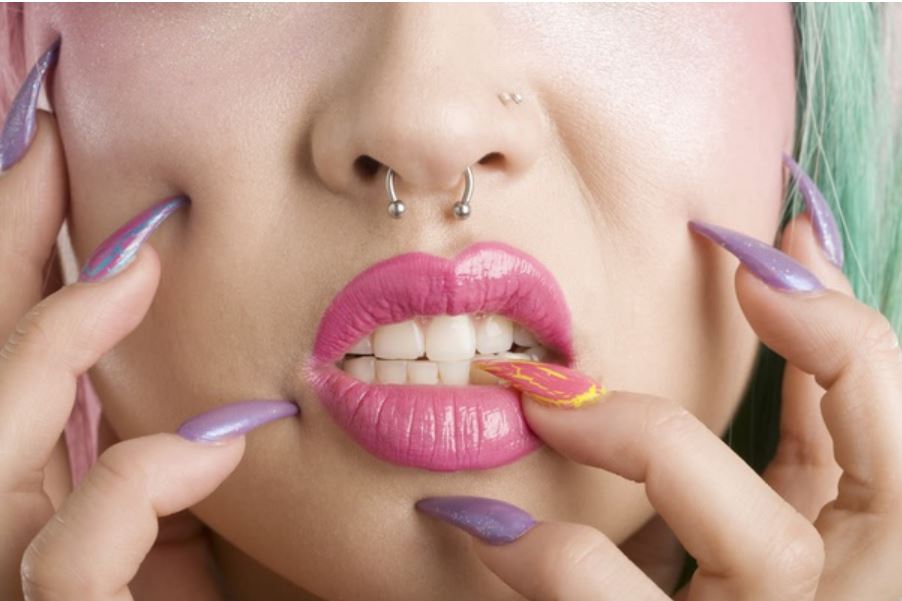Sponsor Ads
Non-China Vape, 510 Cartridges & Battery Device Maker
If you are going for a vape manufacturer out of China we are you best choice. We offer a alternative vape production location with a very competitive price. You can save money by buying directly from us the manufacturer, without any middlemen or extra fees. You can also enjoy discounts for bulk orders and special offers for long term & loyal customers.
We offer small trial orders where you can test the quality and performance of the products before placing a large order. Fast shipping and cheaper shipping cost from Malaysia and Singapore ports. You don't have to wait long to receive your products.
Contact Us!
Contribute for our website Maintenance! We want to keep it free for all visitors.
Trending Best Sellers
Nose Piercing Problems and Solutions
Trending Best SellersEven if you go to a top-notch professional, nose piercing problems can develop. It's wise to learn about them ahead of time so that if you experience symptoms you'll understand why.

Knowing what to expect goes a long way toward helping you overcome anything out of the ordinary.
Many people experience hypersensitivity to the metal that goes through your newly pierced skin. Nickel is a common culprit, and you'll find that it's present in a wide variety of metal alloys.
That means that if you have chosen a metal that is not 100% pure, then other metals are mixed in with it-and you might not even be aware that nickel is one of them!
Nose Piercing Problems Caused by Allergies or Alike
Certainly, the piercing professional should ask you if you're allergic to anything-food, drugs, or metals. But most people aren't aware of any existing allergy. If you've never before placed any type of metal against your exposed skin tissues, you would have no reason to know! And, as mentioned above, most people are unaware of just which metals serve as ingredients in the piece of jewelry that is being inserted.
The piercing professional must be accountable, but you share the responsibility to make your allergies known even if you're not asked about them. Take a minute to think about whether you've ever displayed any redness or irritated skin patch whenever you've worn a watch, bracelet, ring, or some other type of jewelry. Consider whether a belt buckle or the buttons on jeans have ever caused a reaction. Even if you didn't recognize the redness as an allergic sensitivity, be aware of it. If you've had a minor reaction in the past, you risk a greater reaction on repeated exposure to a substance.
You should also avoid gold-plated jewelry. Many people fail to realize how quickly the gold plating can wear thin, exposing your healing tissue to the metal beneath. Your risks from metal hypersensitivity will be sidestepped if you choose nose jewelry made from 22k gold, which is better for sensitive skin than any other metal. Gold places very little strain on the immune system, which is in active mode as your body goes on the mend. It will boost your chances of a quick healing experience.
Nose Piercing Problems and Hygiene
Another common nose piercing problem is the tendency to over-clean the piercing site. While it's hard to believe that cleaning your skin too much can cause a problem, consider the fact that your skin is tender with inner layers of flesh exposed. The piercing might begin to ooze a pus-like substance. As long as there are no other signs of infection, you can probably alleviate this simply by diluting the cleaning solution with sterile water.
Do be watchful for those multiple signs of infection. When the piercing is new, it's a ripe cultivation bed for the growth of fungi and bacteria that normally are present on everyone's skin surfaces. The body reacts by sending white blood cells to the area. If infection grows, then you might need to see your doctor for antibiotic treatment.
Nose Piercing Problems - Other Considerations
What if you let your piercing close? Whether this is accidental or intentional, you can expect that there will be scarring at the site of the piercing. One of the factors you should think about before you get a piercing is the potential for developing a scar where you thought there would be a piercing. Can you live with that possibility? In most cases, the scarring will be minimal, barely noticeable!
But it's best to prepare yourself to deal with scarring by stocking up on both a natural sea salt solution as well as one of the many useful oils. Experts prefer tea-tree oil, germseed oil, or even extra virgin olive oil. Don't wait until you need one of these products in the middle of the night-have them on hand ahead of time.
Some of the most serious problems that develop from a piercing occur because the person listened to his friends' advice instead of following his piercing professional's instructions. This is a fact: Many people do strange things to care for their piercings, and just because they heal without incident doesn't mean that you should do what they say. Some people will change their nose jewelry long before the area is totally healed, for example. The piercing site looks good to them, and they don't stop to consider that several layers of tissue are healing.
When you are getting your piercing done, ask your piercing professional for aftercare instructions ahead of time. You might be excited or a little uncomfortable immediately after the piercing, and if you wait until then to receive instructions you might have difficulty remembering them!
Increase your odds for a good piercing experiencing by following all instructions-and being prepared for anything out of the ordinary.
To the top of this article about Nose Piercing Problems
Comments
What you think?
What Other Visitors Have Said
Click below to see contributions from other visitors to this page...
What should I know before getting my nose pierced? Not rated yet
Ready to get your nose piercing? Take a step back and consider these 10 things before going under the needle.
Consider your professional #goals. ...
…
Recent Articles
-
Riche Niche: Health | Lifestyle | Fashion | Marketing | Technology
Mar 14, 25 09:18 AM
Our Riche Niche blog is the easiest way to stay up-to-date with the latest news, trends and articles published on this site. -
The Therapeutic Potential of Medical Cannabis Vaporization
Aug 05, 24 09:32 PM
The use of medical cannabis has been a subject of much debate and research over the years. With the growing acceptance of cannabis for medical purposes, various methods of administration have been exp… -
Amazon Spring Sale: A Season of Spectacular Savings
Mar 18, 24 08:38 AM
Amazon Spring Sale: A Season of Spectacular Savings -
Understanding Nose Piercing Types: A Guide for Teens
Mar 16, 24 09:19 AM
Explore the rising trend of nose piercings among teenagers, understanding the various types and their cultural implications for a stylish appeal. -
Infected Nose Piercing
Mar 16, 24 09:18 AM
You can expect symptoms of infected nose piercing to resemble any other kind of body piercing infection. -
EMS manufacturing services in Malaysia
Mar 09, 24 10:33 PM
Malaysia is one of the leading countries in Southeast Asia that offers EMS manufacturing services to both local and international clients. -
Laundry Business: The Need for Payment System Upgrades
Mar 08, 24 11:14 AM
Discover the benefits of upgrading your laundry business's payment system. Enhance efficiency, increase profits, and improve customer convenience. -
Nose Peircing Store
Feb 18, 24 02:38 AM
A collection of latest at our nose peircing store. -
How to Choose the Right Coffee Maker for Your Needs
Feb 18, 24 02:12 AM
We'll compare the pros and cons of four common types of coffee makers: drip, French press, espresso, and vacuum. We'll also give you some tips on how to choose the right one based on your preferences… -
Emulate Celebrities with Nose Piercings
Feb 06, 24 08:13 AM
Discover the celebrities with nose piercing and get inspired for your next piercing! From studs to septum rings, our list has it all. Read more! -
Types of Nose Rings
Feb 06, 24 08:11 AM
Types of Nose Rings -
Is my nose piercing ring is sinking in?
Feb 06, 24 08:10 AM
Is my nose piercing ring is sinking in? Or just swollen? -
Dry Herb Vape Pens-Discover the Advantages of Malaysian Made
Feb 04, 24 12:39 PM
Choose our non-China dry herb vape pen for its high production standards, strict quality control, and excellent craftsmanship. -
Trinity Nose Ring A Unique Fashion Statement
Feb 03, 24 08:36 PM
Explore the world of trinity nose rings, a unique piece of jewelry that adds elegance and style to your look. Understand the different types and choose the right one for you. -
Redefining Beauty: The Rise of Nose Piercing Trend in the USA
Feb 02, 24 08:34 AM
Explore the evolution of the nose piercing trend in the USA, from ancient tradition to modern expression of individuality.






